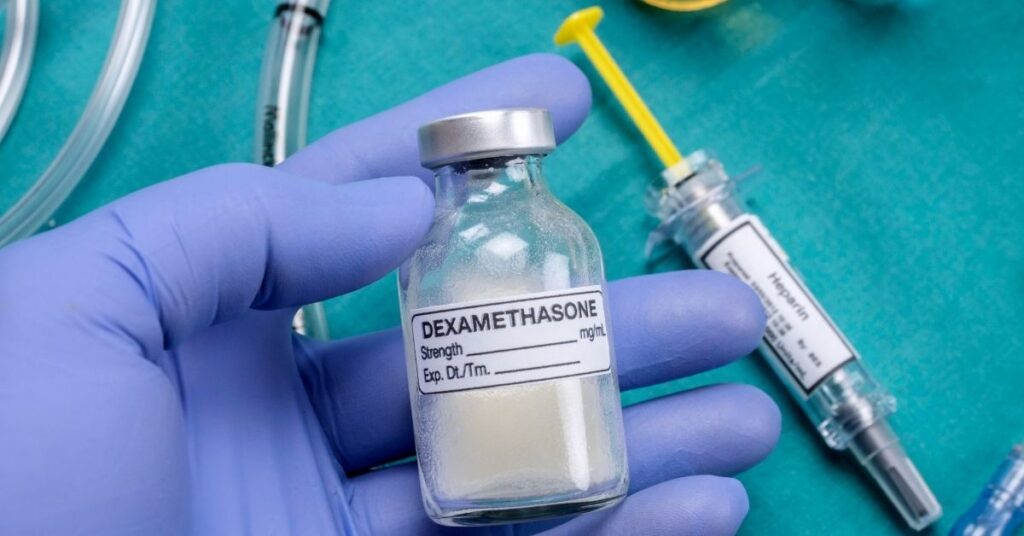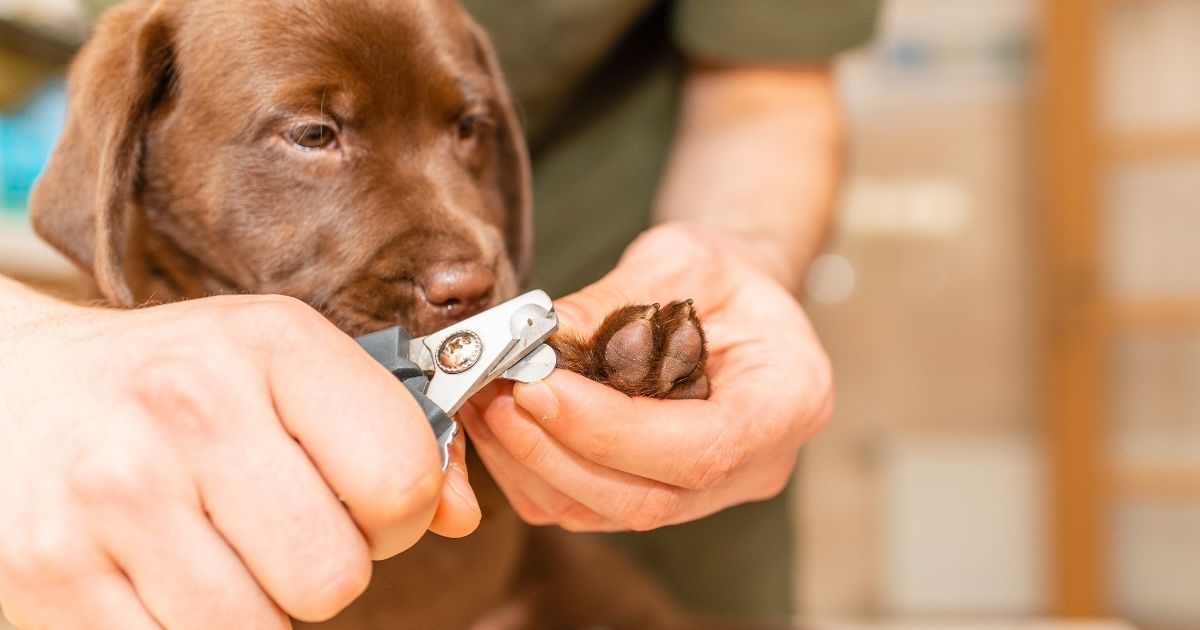Now Reading: Age to Neuter Cat: The Best Time to Ensure a Healthy, Happy Pet
- 01
Age to Neuter Cat: The Best Time to Ensure a Healthy, Happy Pet
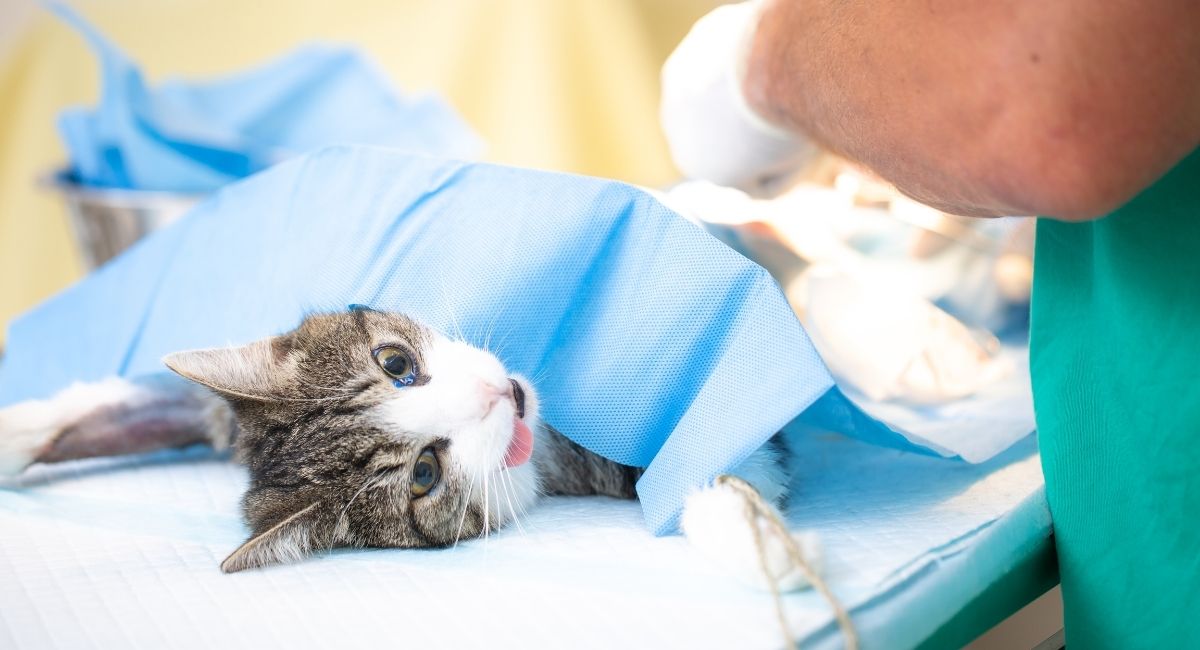
Age to Neuter Cat: The Best Time to Ensure a Healthy, Happy Pet
“When’s the Right Age to Neuter My Cat?” Trust Me, You’re Not Alone
Ever stared at your fluffy furball wondering, “Is this a kitten or full-grown adult?” If you’ve ever Googled what age to neuter cat or “How old is my cat?”—you’re in good company. Ambiguous age, sharp claws, unexpected behavior—figuring out when to take that next pet-care step can feel overwhelming. The truth is, knowing the age to neuter cat plays a big role in both health and happiness—for your pet and your peace of mind.

Let’s walk through the vet-approved timeline for age to spay or neuter a cat, why it matters, and how to get the timing just right.
Age to Neuter Cat: When Do Vets Say to Do It?
- Kitten Stage (8–12 weeks)
This is the classic recommendation—neutering between 8 and 12 weeks. Early spay/neuter helps curb unwanted litters and reduces certain health risks later in life. - Adolescence (4–6 months)
Still a popular choice. Much of the physical and behavioral benefits—like reduced spraying or roaming—can be achieved before first heat cycles. - Best Age to Neuter a Cat (4–6 months)
ARHP and AAHA back this window for optimal health benefits and recovery ease. Hormonal milestones are delayed, yet physical development is normal. - Adult Cats (6 months to 7 years)
It’s never too late. Older cats benefit from reduced cancer risks, behavioral stabilization, and improved urinary health. - Senior Cat Age (7+ years)
Neutering older cats requires extra care—blood work and wellness checks—but it’s still recommended unless your vet advises otherwise.
What Age to Neuter Cat Really Means for You
- Early neutering (8–12 weeks): Short healing and strong behavior control.
- 4–6 months: Tried-and-true milestone for many supportive pet parents.
- Any adult age: Health benefits remain significant—spaying reduces breast and uterine cancers, neutering lowers prostate issues.
Choosing the age to neuter cat really boils down to balancing convenience, cost, and the health benefits your specific pet needs.
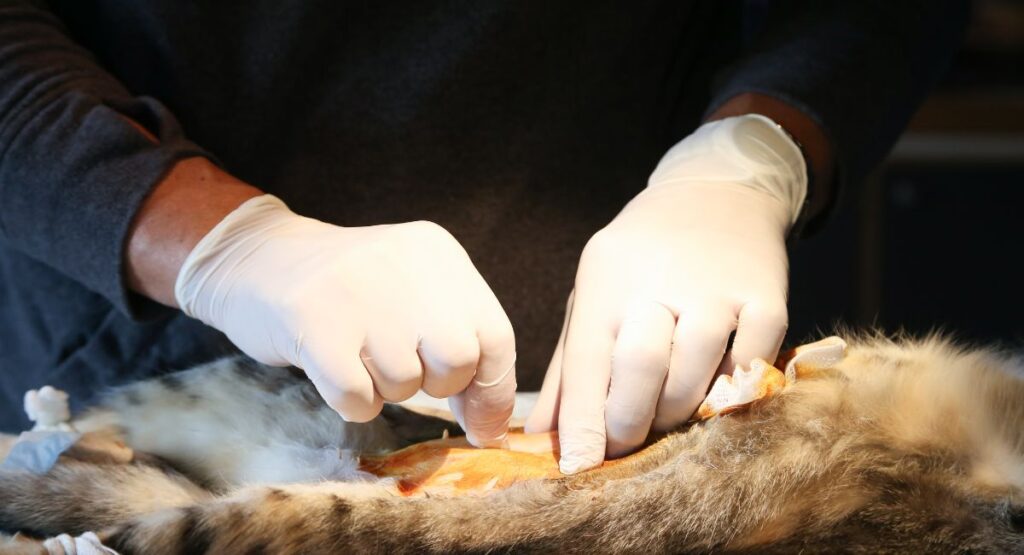
How to Prepare: What to Expect at the Vet
- Pre-surgery check-up: Blood tests, vaccinations verified
- Procedure: Typically 20–40 minutes under safe anesthesia
- Recovery: 24–48 hours of quiet, calm, and gentle handling
By following vet aftercare—like cone collars and calm downtime—you help ensure a smooth recovery.
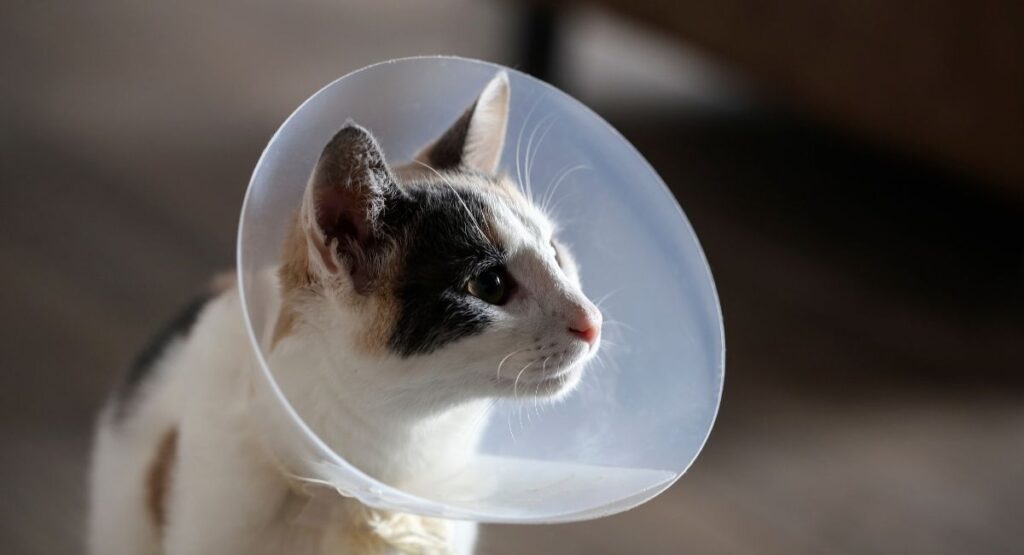
Senior Cat Age: Should I Still Neuter Them?
Absolutely. Here’s why neutering a senior cat can be valuable:
- Cancer risk reduction – Effective even for older cats
- Behavioral calm – Less roaming, reduced territorial marking
- Longevity support – Spaying protects against uterine infections
Your vet will check organ health and may tweak anesthesia—safety first for senior neutering.
What Age to Neuter Cat: Does Breed or Gender Matter?
You’re probably wondering—“Wait, does breed or gender change the ideal age to neuter cat?” Short answer: not really, but there are a few things to consider.
Male and female kittens both follow the general 4–6 month window, but larger cat breeds (like Maine Coons or Ragdolls) may physically mature slower, so some vets recommend waiting until 6–8 months. On the flip side, if your cat’s showing behavioral issues early (like aggressive play or spraying), neutering might need to happen sooner than expected.
Gender-wise? Age to spay or neuter a cat is usually the same—just make sure it’s before puberty hits to avoid those hormonal behaviors. And always remember, your vet knows your cat’s health best.
Senior Cat Age & Neutering: Too Late or Still Worth It?
Still searching “senior cat age” and wondering if neutering is safe? You’re not alone. Many pet parents adopt older cats and worry if it’s too late for surgery.
Here’s the deal: age is not a disease. As long as your senior cat passes a vet check (especially heart and kidney screenings), neutering can still offer real benefits—less roaming, calmer behavior, and even reduced risk of certain cancers.
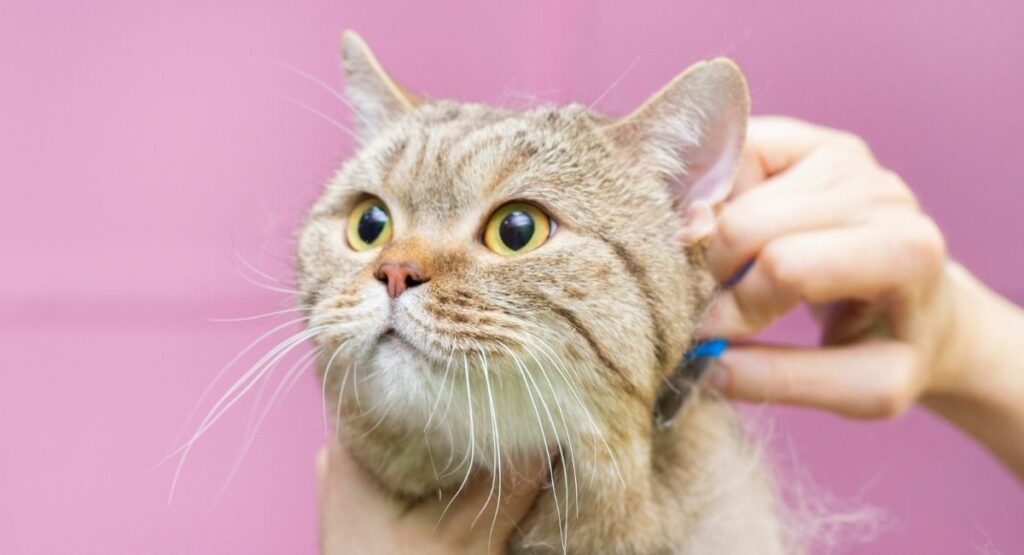
Sure, recovery might take a little longer, and your vet may recommend fluids or extra post-op care, but it’s still doable. Don’t rule it out just because your cat’s got a few gray whiskers!
So whether you’ve got a spry kitten or a mature floof, figuring out the best age to neuter a cat depends more on health than birthday candles.
Final Word: Hitting the Sweet Spot with Age to Neuter Cat
The age to neuter cat you pick depends on your cat’s health, your vet’s advice, and your personal preference:
- Opt for 8–12 weeks for easy recovery and early health advantages
- Choose 4–6 months for proven long-term benefits
- Don’t delay—adult and even senior age neuter still offer big perks
Ready to whisk your cat to a safe, pet-friendly life? Consult your local vet or schedule a neuter consultation now with your vet. Let’s protect your cat from health risks, enhance behavior, and enjoy every playful moment—stress-free!
FAQs:Let’s Clear Up the Confusion Around Neutering Age
Good question! If your cat is in good overall health, neutering is still helpful, even in older cats. It can reduce cancer risks and calm behavioral issues. Just expect more thorough vet screening before surgery.
Most vets recommend neutering male kittens around 4 to 6 months old. That’s when they’re old enough to handle surgery safely and young enough to prevent territorial behavior like spraying or roaming.
Yes, absolutely! While earlier is often better, it’s never too late unless your vet finds a medical concern. Adult cats can still benefit from neutering with a little extra post-op care.
Nope—not according to research. Early neutering (as young as 8 weeks) is safe, especially when the kitten is healthy and above minimum weight (usually 2 lbs). It won’t stunt growth, but always consult your vet first.


